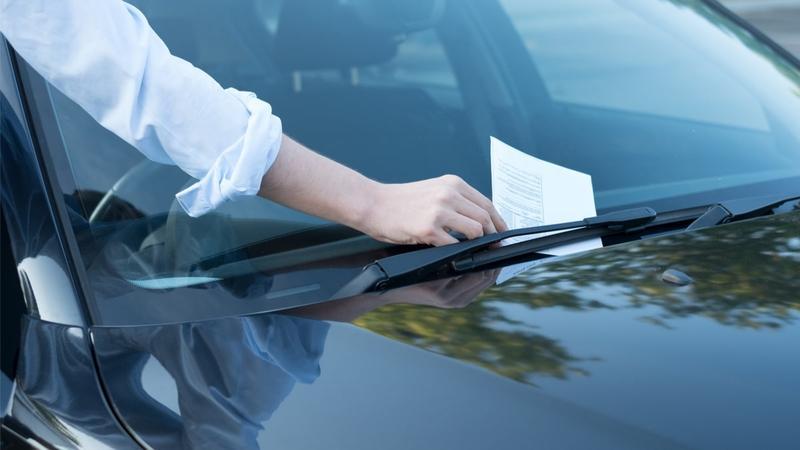PRESS RELEASE: October 5, 2011 - For those who have been paying a higher rate on their insurance or are about to face an increase due to an infraction, InsuranceHotline.com offers important information regarding infraction types and the rate increases they cause. There are dozens of different traffic infractions for which drivers might see an increase in insurance premiums, but they fall into a few main categories. Get to know what they are and how they impact rates, and know what to expect.
Traffic infractions can vary from minor to very serious, and how an insurance company rates them has different levels as well. InsuranceHotline.com wants drivers to know how these types of infractions affect premiums, and when drivers should start shopping around for a better rate. When a driver is given a ticket, that ticket in most part may cause an increase in premiums depending on the type. It may also cause a much higher increase if it is a major, or a serious infraction. Knowing the difference between these three might prevent sticker shock. Even with a serious infraction you still can shop for a better insurance rate as there are insurance companies who cater to this market specifically.
Minor Infractions Mean Smaller Increases.
Drivers can generally expect that an insurance company will raise rates for some of the following, treating them as minor infractions:
• Speeding tickets for speeds less than 49 km/hr over (this may vary)
• Running a red light or stop sign
• Failure to obey a traffic sign
• Failure to signal before making a turn or changing lanes
• Following too closely (tailgating)
Most minor infractions will cause some type of increase however; there are a few minor infractions that may not even result in an increase at all, depending on the insurance company’s rules. An example of these would be a parking violation or a red light camera ticket.
Major Infractions Result in Higher Rates
Drivers can expect to see heftier increases on their insurance premiums in the event of a major traffic infraction. These infractions are considered more serious than a minor infraction and result in a higher insurance increase. Again, there are no hard and fast rules for what an insurance company will define as a major infraction, but the following will often make the list:
• Speeding tickets for speeds more than 50 km/hr over (again, this may vary)
• Speeding in a school zone
• Driving while uninsured
• Passing a school bus with red lights flashing
When a driver receives a ticket for a major infraction, odds are good their insurance will rise in accordance with the severity of the violation. Of course, each insurance company makes their own determination on rate increases and on what is considered a major offence.
Serious Infractions Mean Serious Consequences.
A serious infraction is not just serious to insurance rates but can have legal consequences as well. These might include large fines, loss of driver’s license or even jail time. They are considered serious because they are usually very dangerous actions that could put lives in danger and in some cases have already cause injuries or death. Some of the actions that fall into this category are:
• Careless or dangerous driving
• Driving under the influence of drugs or alcohol
• Vehicular manslaughter
• Assault with a vehicle
• Failing to stop after an accident
• Failing to stop for a police officer
• Illegal street racing
Drivers who face these kinds of violations are often not thinking about their insurance rates at first, and it may come as a surprise later when the rate increase occurs.
Know When Your Infraction Lifts.
No matter the type of infraction, insurance companies can only charge an increased rate for a specific amount of time. This is generally 3 years (from the date of conviction NOT the date that you got the ticket if that is different) but may vary from company to company or based on the type of infraction. As an infraction falls off, drivers should take the opportunity to shop around for better rates.
"When a violation drops off is the perfect time to compare insurance rates." Tammy Ezer of InsuranceHotline.com advises, "New insurance companies will be more competitive with a clean record." A new insurance company might be able to offer a better rate than staying with the current one once violations are cleared.
Be prepared by knowing exactly when the infraction will fall off and follow up on it. Some insurance companies will leave the increase in rate on the policy until the next renewal date. A new company, however, may not be bound by this, so take the time to shop around!
